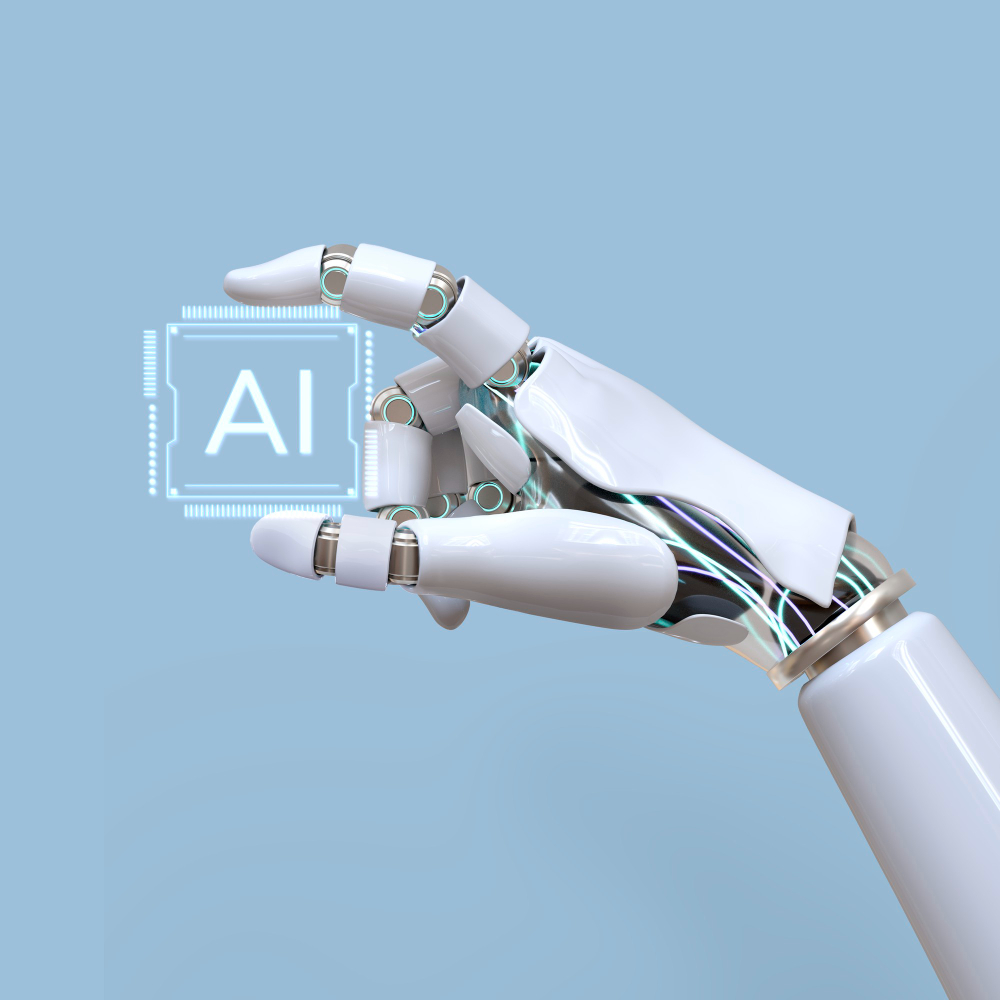Germany is making a bold move to position itself as a global leader in artificial intelligence (AI), with a sweeping new strategy to ramp up AI adoption across its economy and a major investment boost from U.S. tech giant Oracle. As geopolitical competition in AI intensifies, Berlin is betting big on cloud computing, quantum technologies, and research-commercial integration to ensure the country does not fall behind the United States, China, and India.
Germany Targets 10% AI-Driven Economy by 2030
According to a draft strategy seen by Reuters, Germany wants to generate 10% of its economic output from AI-based technologies by the end of the decade. The plan, led by the Federal Ministry of Education and Research, outlines AI as a central tool for research and economic modernization.
“With an AI offensive, we aim to make AI a pillar of our economic output and scientific leadership,” the draft notes. While it does not specify AI’s current contribution to GDP, economists estimate AI could boost productivity by an average of 0.9% annually between 2025 and 2030, potentially rising to 1.2% in the following decade. Current growth averages around 0.4%.
The strategy emphasizes using AI to address Germany’s key challenges, such as transitioning to a green economy, increasing industrial and administrative efficiency, and improving healthcare—recommendations echoed in a 2024 OECD report.
EU-Supported AI ‘Gigafactories’ and Quantum Ambitions
The government plans to accelerate infrastructure development with a call for bids to construct high-capacity AI processing centers in the EU by 2027. Backed by €20 billion in EU funding, the initiative is expected to yield at least one AI ‘gigafactory’ in Germany, with companies like Deutsche Telekom reportedly interested.
In parallel, the strategy outlines goals to enhance Germany’s capabilities in quantum computing. By 2030, the country aims to deploy two “error-corrected quantum computers” for public use and launch its first research satellite dedicated to quantum communication within the year.
Despite early success in AI innovation, the government acknowledges that Germany lags behind in commercializing its breakthroughs. The document warns that this gap leads to “competitive disadvantages and dependencies,” calling for tighter integration of AI with traditional German industrial strengths such as robotics, automotive engineering, and chemicals.
Oracle to Invest $2 Billion in Germany’s AI and Cloud Ecosystem
Amplifying the national strategy, Oracle announced plans to invest $2 billion over the next five years to expand its AI and cloud infrastructure in Germany. The expansion, centered on the Oracle Cloud Frankfurt Region, aims to boost AI capacity for public and private organizations across sectors like manufacturing, energy, healthcare, and scientific research.
“Germany is a strong destination for digital innovation,” said Dr. Karsten Wildberger, Federal Minister for Digital Transformation and Government Modernization. He welcomed Oracle’s move, saying it reinforces the country’s digital infrastructure and supports the broader digital transformation effort.
Mr. Thorsten Herrmann, Oracle’s senior vice president and country leader for Germany, called the investment a step toward “helping organizations across Germany accelerate their AI and cloud journeys.” He emphasized that the move aligns with the German government’s goal of making the country a European hub for AI investment and innovation.
Oracle’s expanded infrastructure is also expected to benefit Germany’s growing AI startup ecosystem, offering access to advanced tools for AI training, inferencing, and multicloud deployment.
Race Against Global Competitors
The developments come as the global AI race heats up, with China, the U.S., and India pulling ahead. Germany’s new AI strategy and Oracle’s investment represent a synchronized effort to catch up and assert leadership in next-generation technologies.
With the national AI strategy expected to be approved by the German cabinet by the end of the month, and Oracle’s infrastructure ramping up, Germany appears ready to turn ambition into action—building an AI-powered future rooted in both innovation and industry.



